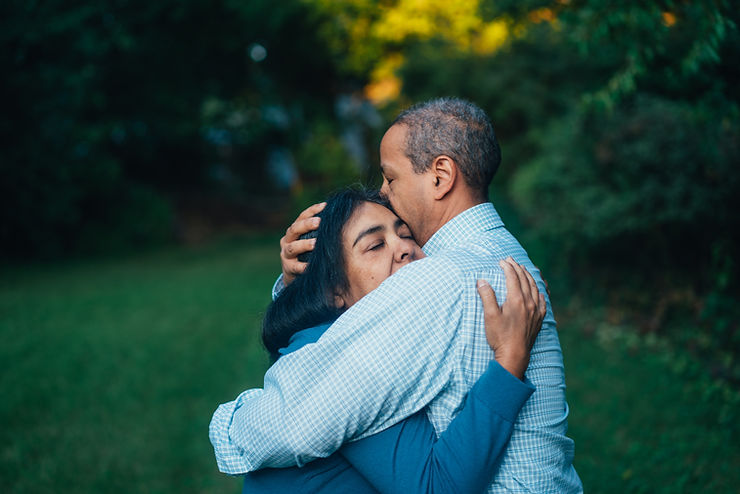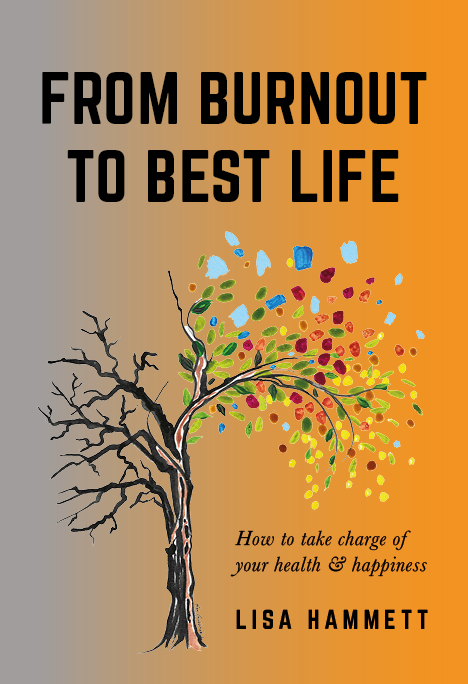When you think of forgiveness, what comes to mind? You might recall a time, as a child, where your sibling took your favorite toy and broke it. It was not intentional, but the toy broke, and you were devastated. You hated your sibling. You wanted them to die, not really, but at the time you thought you did.

Fast forward to adulthood. You may be in a relationship with a close friend or spouse who lied to you. You feel betrayed, hurt, angry. The thought of forgiving that person is unthinkable. How could this person betray your trust? You keep replaying the situation over and over in your mind. You can’t sleep. It’s difficult to focus on anything else.
Maybe you’re struggling with a decision you made or a bad habit you developed during the Pandemic. You made a financial investment that went awry. You lost a lot of money. How could you have been so irresponsible? Maybe you reverted to old habits, making poor food choices and being inactive, while quarantined at home. As a result, you gained a substantial amount of weight. You can’t believe how you let your self go. You’re so disappointed in yourself.
Maybe one of these scenarios resonates with you. Whatever the situation, forgiveness is essential to our overall health and wellness.
Let’s start by defining what is forgiveness. Forgiveness is letting go of your grievance, resentment, bitterness, anger, or revenge against a person, incident, event, or even yourself. It has nothing to do with the other person, although we often make it all about the other person or situation. It does not mean that we forget what occurred. Forgiveness has everything to do with your inner healing and restoration of mind, body, & soul. When these toxic emotions are not dealt with, they can cause high blood pressure, depression, anxiety, stress, and potentially heart disease and certain types of cancer.
So, how do we release those emotions and forgive?
1) Acknowledge the pain – Validate that you’re having the emotion. You’re human and entitled to your feelings. You’re not a bad person. This is a time to feel your emotions but not react.
2) Pray – If you’re a spiritual person, surrendering to a higher power, through prayer, can be freeing. It can provide hope when you’re feeling lost.
3) Meditate – Making time to sit quietly, focusing on your breath or your surroundings, can relieve stress and provide clarity.
4) Journaling – The act of putting pen to paper or typing your thoughts, can also be freeing. I like to call this a good brain dump. Let your thoughts bubble up and ramble if necessary. You don’t have to share your thoughts with anyone.
5) Talk to someone – Talk to a close friend, family member, a counselor, coach, or your pastor. Sharing with someone, who can provide an objective opinion, can put things in perspective and provide clarity.
What’s most important to remember, is forgiveness provides freedom. Releasing toxic emotions enables you to learn, grow, and find peace.








